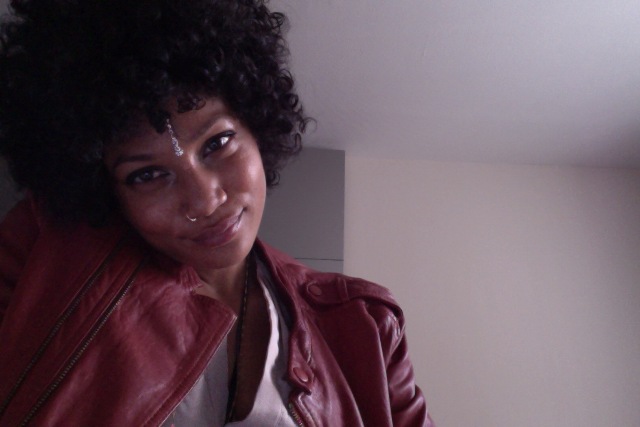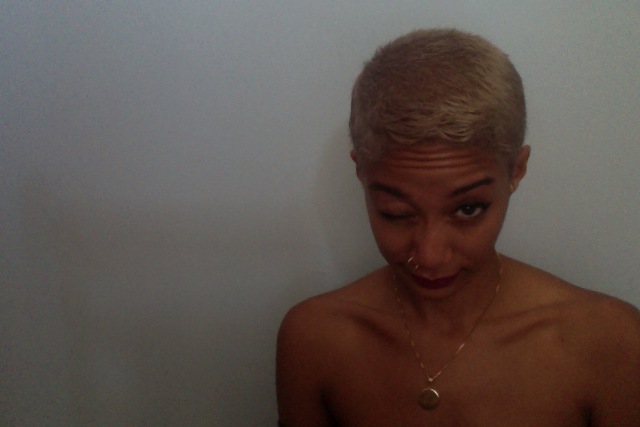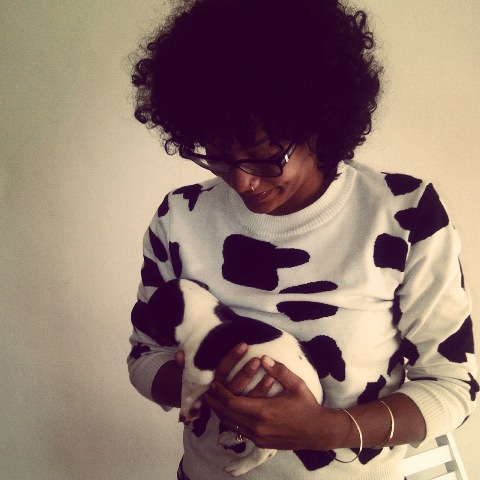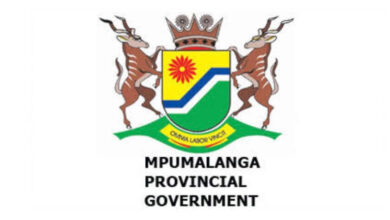Sindi-Leigh Tenielle McBride Interview

Who is Sindi-Leigh Tenielle McBride?
I am only 25 years old, I’m still figuring it out! Although, if you asked me the same thing at 50, I probably still would not have an answer.
Tell us about your childhood background i.e how were you like growing up?
I thought I was Matilda, so growing up I spent a lot of time submerged in books, trying to move things with my mind. Sometimes it worked, sometimes it didn’t.
Education it’s a key to success and you studied BA in Political Science and International Relations, why this course in particular?
I studied law at Wits intially, because I was interested in International Law. Political Science and International Relations were far more compelling so I changed from BA (Law) to BA. I then went on to complete Honours and Masters in International Relations. I am now studying for a second Masters degree in Political Communication at UCT.
I chose my degrees because they sort of come together to paint a bigger picture of how global issues, media and national politics come together and influence human development.
You worked as a research associate to Human Rights Commissioner Danny Titus in the Commissioners Programme at South African Human Rights Commission (SAHRC) How was the experience and what did you learn?
The experience was really cool because I started as an intern, but after doing all the boring slave-type work, as a Researcher I was exposed to opportunities like developing research around Marikana that really gave me a sense of purpose.
I learnt that I really want to work hard to feel like I have a purpose.
What do you think are youth challenges and how can they be addressed?
It’s really difficult for young people to be motivated to push themselves when they constantly have to be worrying about making money, making ends meet, helping families, paying school fees. Whether the motivation is for academic achievement, creative output or entrepreneurial endeavors, it’s really tough to make it happen when you are struggling to keep your head above water financially.
I don’t have an easy answer to addressing this because youth challenges are in tune with national challenges – poverty, inequality, transformation etc. I do think however that the Youth Wage Subsidy might just be a step in the right direction.
What is Just Let Them Eat Cake?
It is a Tumblr blog, sort of like Dumbledore’s pensieve, where I dump things that I find interesting.
How did the name come about?
I like cake and politics, so a friend suggested the name in reference to Marie Antoinette’s famous declaration.
What motivated you to start it?
I really just had time and internet – a basic human right, if you ask me – and I wanted to have a place to play with words and images.
Who does the site cater for?
Me.
Can people send through their art work? If yes, please tell us the whole process that goes on?
Well, it’s not an art blog, but I am always interested in other people’s work. Tumblr has a function where you can send a direct message to the blogger.
What the benefits or advantages of Just Let Them Eat Cake?
This is making a much bigger deal of my simple Tumblr than it deserves haha!
What are your everyday challenges? And how do you overcome them?
My biggest daily challenge is not getting angry when I feel frustrated about not being where I want to be, like not being able to realize my goals and perhaps feeling oppressed by other people. I then just heed my father’s two mantras:
- That which angers you, controls you.
- If you try to kill people with kindness, you’ll probably live longer than them.
What does the future hold for you?
Inshallah, good health and providence.
Your advice to young people out here?
Nothing is more powerful than how you think and feel.
If you concentrate on getting your thoughts and emotions in sync, and then operationalize your goals – a goal is really just an unfulfilled plan anyway – you really can do whatever you want to.
What are your thoughts on other African countries having anti-gay–marriage law?
I think that before attacking the law or the state – any state, not just African countries – for having discriminatory policies, it is imperative that we make efforts to understand why it is that the citizens of those countries accept unjust laws.
In this instance, those kinds of laws are usually driven by Christian fundamentalism rather than an evil government so it is more urgent to look at the role of the Church in African societies and how it influences the actions of both society and the state.
We will be voting soon what does voting mean to you?
Voting is sort of like your ticket to complain, to campaign, to celebrate. My parents fought hard for me to have that freedom to participate in the goings-on in the country but whether or not you feel a connection to the liberation struggle, there are struggles devastating our country everyday – for houses, water, education, the list is endless.
With the freedom to participate, comes a really humbling opportunity to be responsible and contribute to how that struggle is fought, not only by high-level politicians but by ordinary citizens, irrespective of their political leanings. The struggle begins with making effort, and really, voting takes so little effort that it’s simply just a good place to start.






